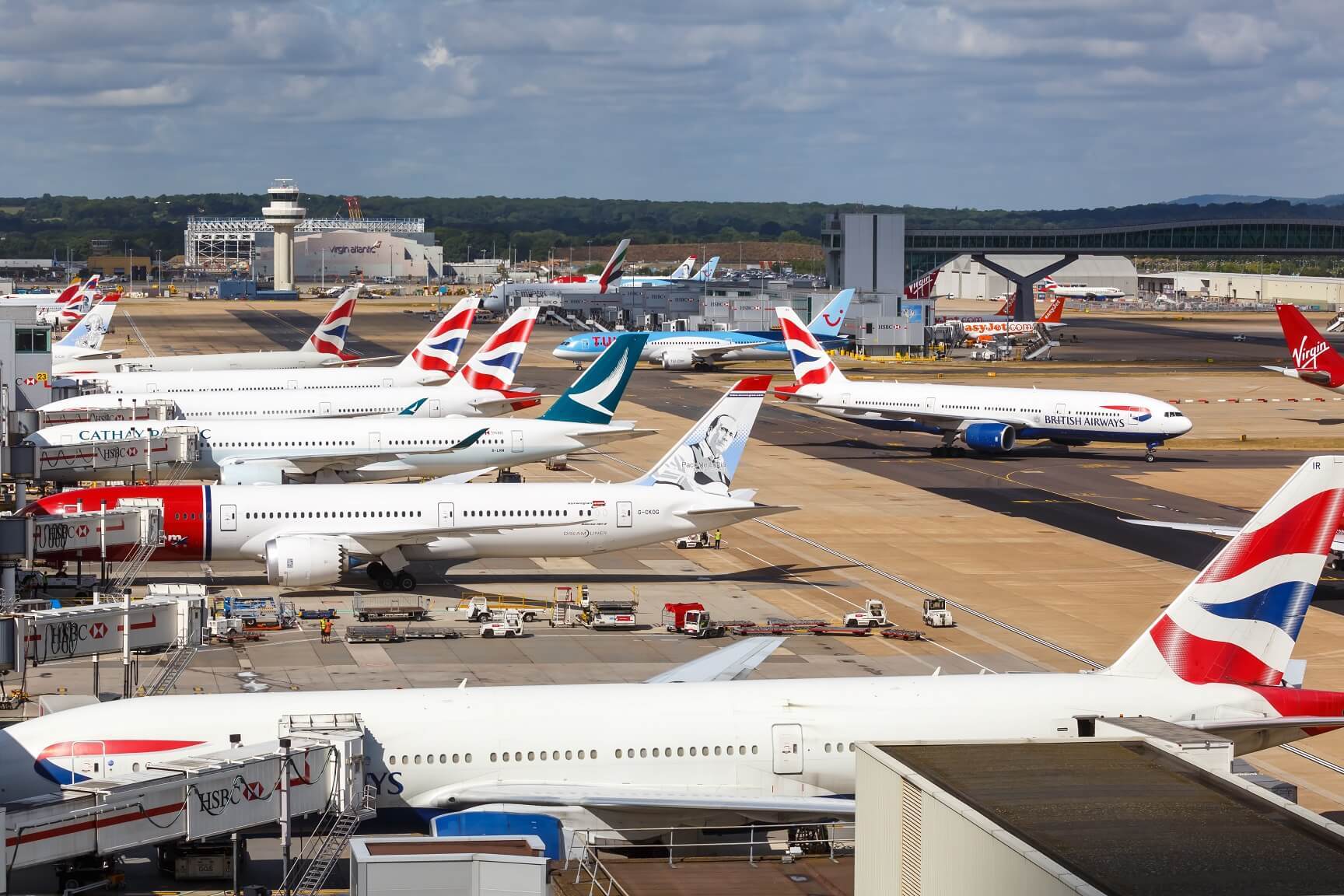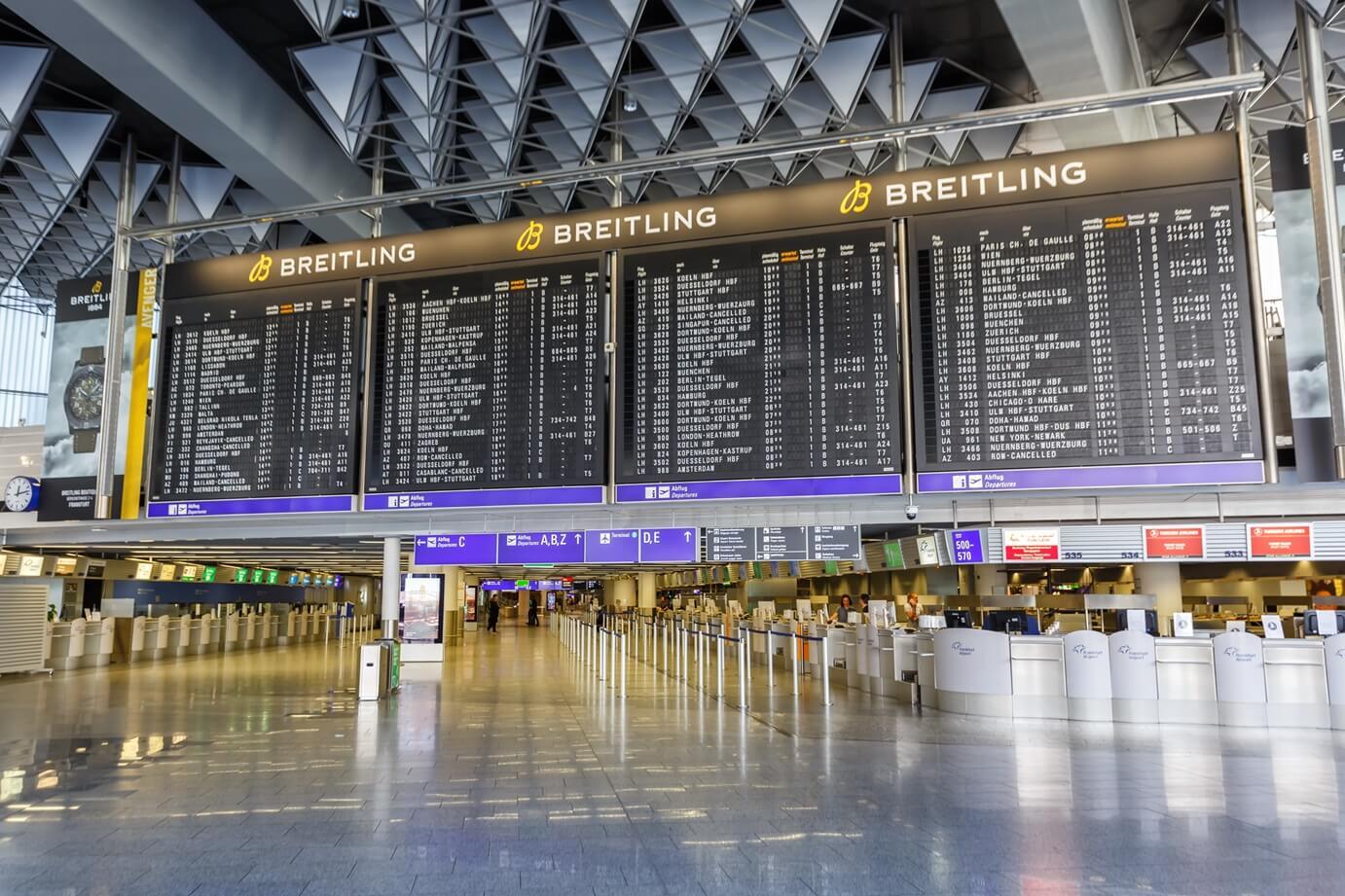Gatwick airport's closure due to fire incident

In a shocking turn of events, Gatwick Airport, one of the United Kingdom's busiest and most crucial travel hubs, found itself grappling with chaos as it was abruptly closed due to a fire incident. This unexpected event sent shockwaves through the travel industry, highlighting the importance of emergency preparedness, quick response, and the resilience of both airport staff and travelers.
On August 16, 2023, Gatwick Airport was struck by an unforeseen crisis when a fire broke out on its premises. The incident not only caused immediate panic but also raised critical questions about the airport's safety measures, contingency plans, and the overall security of such major travel infrastructure.
Swift response and evacuation at Gatwick airport
Airport authorities and emergency services responded promptly to the crisis, launching a comprehensive evacuation plan to ensure the safety of travelers, staff, and the surrounding area. The evacuation process, though undoubtedly tense, was a testament to the effectiveness of well-coordinated emergency drills and the diligence of the airport's personnel.
Flight disruptions
As news of the incident spread, it became evident that the fire's impact extended far beyond the confines of the airport itself. Hundreds of flights were canceled or diverted, leaving thousands of travelers stranded or forced to rearrange their plans. This incident underscores the interconnectedness of modern travel and how disruptions at a major hub like Gatwick can send ripples throughout the global transportation network.
The closure of Gatwick Airport also shed light on the importance of collaboration among various stakeholders during crises of this magnitude. From airport staff and airlines to emergency services and local authorities, a seamless exchange of information and resources proved essential in managing the situation effectively.
One of the key takeaways from the Gatwick Airport fire incident is the critical importance of emergency preparedness. Airports, as pivotal nodes in the global travel network, must remain vigilant and ready to tackle unforeseen events that can potentially disrupt operations. Regular drills, updated protocols, and investments in advanced fire detection and suppression systems are imperative to ensure the safety of all individuals involved.
Amid the chaos and challenges posed by the fire, stories of resilience, kindness, and support emerged. Passengers came together to help one another, airport staff worked tirelessly to provide assistance, and emergency responders risked their lives to contain the blaze. These displays of humanity underscore that while technology and procedures are crucial, the compassion and determination of individuals remain the heart of effective crisis management.
Recovery and rebuilding at Gatwick airport
Following the successful containment of the fire and the subsequent safety assessments, the road to recovery and rebuilding for Gatwick Airport began. The incident highlighted the importance of not only addressing the immediate aftermath but also ensuring the airport's long-term viability, restoring traveler confidence, and implementing measures to prevent similar incidents in the future.
The closure of Gatwick Airport due to the fire incident serves as a stark reminder that even the most advanced and well-managed facilities can face unforeseen challenges. However, it is through quick response, preparedness, collaboration, and the resilience of both staff and travelers that such crises can be navigated successfully. As the airport resumes its operations and the industry at large reflects on this incident, lessons learned will undoubtedly contribute to safer and more secure travel experiences for all.
Latest posts
Flight delays and cancellations in April 2025
Check which flights were delayed in April 2025 – you may still be entitled to claim up to 600 € in compensation.
Flight delays and cancellations in June 2025
Check which flights were delayed in June 2025 – you may still be entitled to claim up to 600 € in compensation.
Flight delays and cancellations in May 2025
Check which flights were delayed and cancelled in May 2025 – you may still be entitled to claim up to 600 € in compensation.












